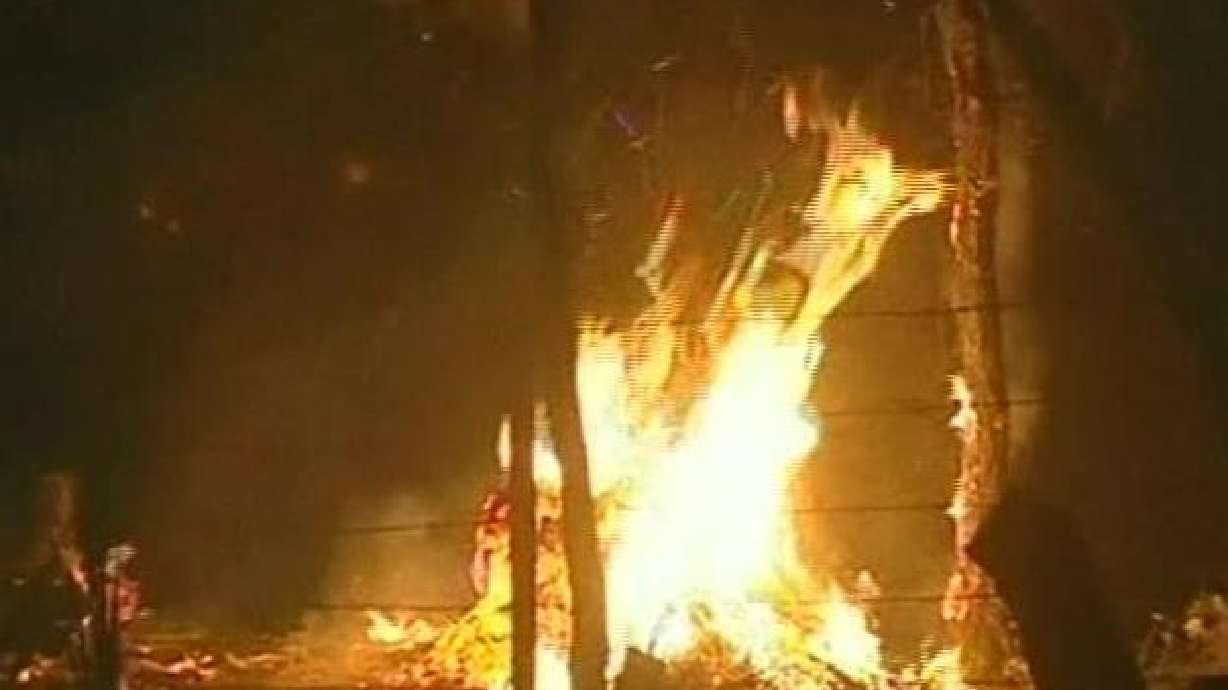Estimated read time: 2-3 minutes
This archived news story is available only for your personal, non-commercial use. Information in the story may be outdated or superseded by additional information. Reading or replaying the story in its archived form does not constitute a republication of the story.
John Hollenhorst Reporting Utah firefighters are being called into action to battle flames a long way away. In fact they're going about as far as you can go without leaving the planet.
Huge wildfires have been blazing in Australia, ‘The Down Under', for weeks. Instead of seeing deer and elk running from the flames, the Utah firefighters may see kangaroos and wallabies.

These firefighters are what's known as a "Hotshot" team. They're the guys who hike or fly into the toughest terrain to tame the flames. Now they're part of a team of 107 US firefighters leaving winter behind, for summer in Australia.
Mike Mattfeldt, Bonneville Hotshot: "And they're in the midst of a difficult fire season. And so they've requested help from us."
'Difficult' may be an understatement. Australia is having an epic fire season, not unlike what we've seen in recent years. After a long drought, vast stretches of Australian bush and outback have burned. More than two million acres are burning right now.
Mike Mattfeldt, Bonneville Hotshot: "It's a little worrying. But we're trained professionals and it's kind of exciting too."
In a sense, it's payback time for American firefighters. Australian firefighters flew in to help with the California wildfires last summer.
Video from KTVB-TV, Summer 2006: "But resources are stretched to the limit. Firefighters are being flown in from New Zealand, Australia and Canada."
Matt Murdock, Bonneville Hotshots: "They've came here in the past and helped us out. I'm just looking forward to going down and kind of returning the favor."

It's not just the weather that will be different down under. The firefighters will have to adapt to a different environment.
Martell Gibbons, Logan Hotshot: "It's gonna be different fuel types. Different flammable resins in those fuel types. So, who knows what the spread rates will be? Those kind of things will be different. But, all in all, it should be the same. Fire is fire."
The volunteers we spoke with are all regular employees of the BLM and Forest Service, happy to have a chance to sharpen their skills in what is usually the off-season.
They leave for Melbourne tomorrow and Saturday.









